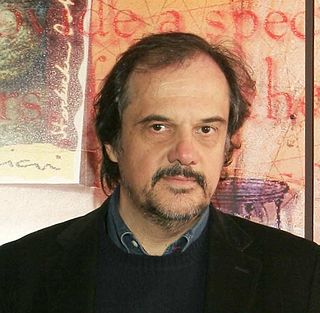A Quote by Margot Lee Shetterly
I knew a lot of black scientists, engineers, and mathematicians, and female mathematicians and engineers, women of all backgrounds. So this idea that anyone could be an engineer, a mathematician, or whatever, was something that I had grown up with and thought was really normal.
Related Quotes
We want to have a diverse workforce that mirrors our customer base. Diversity of thought, we believe, is crucial to business success. We also are a tech company. And when we look at the skills that we need going forward, software engineers, electrical engineers, strong technology backgrounds, that's key for success as well.
It is a melancholy experience for a professional mathematician to find himself writing about mathematics. The function of a mathematician is to do something, to prove new theorems, to add to mathematics, and not to talk about what he or other mathematicians have done. Statesmen despise publicists, painters despise art-critics, and physiologists, physicists, or mathematicians have usually similar feelings: there is no scorn more profound, or on the whole more justifiable, than that of the men who make for the men who explain. Exposition, criticism, appreciation, is work for second-rate minds.
As for mathematicians themselves: don't expect too much help. Most of them are too far removed in their ivory towers to take up such challenges. And anyway, they are not competent. After all, they are just mathematicians-what we need is paramathematicians, like you... It is you who can be the welding force, between mathematicians and stories, in order to achieve the synthesis.
I had grown up among engineers, and I could remember the engineers of the twenties very well indeed: their open, shining intellects, their free and gentle humor, their agility and breadth of thought, the ease with which they shifted from one engineering field to another, and, for that matter, from technology to social concerns and art. Then, too, they personified good manners and delicacy of taste; well-bred speech that flowed evenly and was free of uncultured words; one of them might play a musical instrument, another dabble in painting; and their faces always bore a spiritual imprint.





































